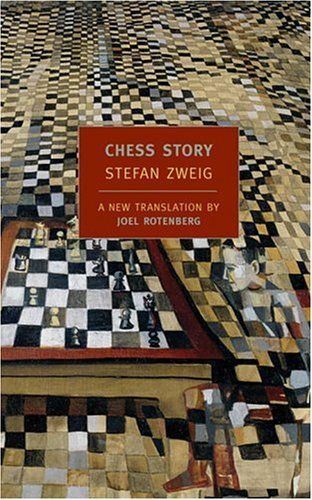Reviews
zar@bodyelectric
✱@dokja
aw.@aimeamie
開花@balintataw
梅@rinkoshirokane
sam@smrh01
shain@shain
Rien@inkedverses
kentuckymeatshower@kentuckymeatshower
chiara@townie
Anthony Teo@eightants
charis@bluewavyroom
rory@evergreen
Jeffery Tay@peewun
jannah@toolongdidntread
j@vwoolf
Charlize@hellstar
sha@regressor
Maria@nocturnes
e@erxx
Natalie@nyc
Deepika Ramesh@theboookdog
iamazoo@iamazoo
charisa@charisa
Highlights
william wukkuan@hajramira
Page 56
梅@rinkoshirokane
梅@rinkoshirokane
j@vwoolf
j@vwoolf
aywen@aywen
ella@ellasreadings
Sven Schmidt@sven
Page 24
Sarah Christine Gill@Gilly
